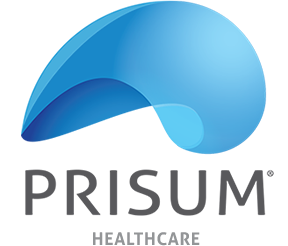

HumanoPedia
Metabolism
Metabolism is a term used to describe the process by which the human body transforms food into energy. During this complex biochemical process, the calories in food and drink are combined with oxygen to release the energy the body needs to function.
Even at rest, the body needs energy for all its “hidden” functions, such as breathing, blood circulation, hormone levels, cell growth, and repair. The number of calories that the body uses to perform these essential functions is known as the basal metabolic rate - which we call metabolism.
Metabolism can be divided into two subprocesses: catabolism, a process that involves the breakdown of molecules to obtain energy and anabolism, the process by which the synthesis of all compounds necessary for cells is achieved.
Nutrition is the key to metabolism. Essential nutrients provide energy - calories - and essential chemicals that the body alone cannot synthesize. Food offers a variety of substances that are essential for the construction, maintenance, and repair of body tissues and for the efficient functioning of the body.
The diet is necessary to include essential nutrients such as carbon, hydrogen, oxygen, nitrogen, phosphorus, sulfur, and about 20 other inorganic elements. The significant elements are provided in carbohydrates, lipids, and proteins. Also, vitamins, minerals, and water are absolutely necessary for human metabolism.
Silybin, the main active component of silymarin, has an important liver protection action and stimulates the synthesis and activity of enzymes responsible for liver detoxification. One ProHumano+ HepatoDefense Capsule contains 108 mg of silybin.


ProHumano+ Products for healthy liver
Did you know?
Non-alcoholic Fatty Liver Disease is the most common chronic liver disease in children living in developed countries.
affects
Information source:
Pediatric Nonalcoholic Fatty Liver Disease: Prevalence, Diagnosis, Risk Factors, and Management Stavra A. Xanthakos, Rohit Kohli- Clinical Liver Disease, Vol. 1, No. 4, August 2012, AASLD
Causes, symptoms and prevention methods for hepatic steatosis
The liver is the largest internal organ in the human body and the only visceral organ that has the ability to regenerate completely, to its previous size and capacity, without losing its functions during the growth process.
The liver is responsible for over 500 essential functions, the main ones being in the body’s metabolic processes.














